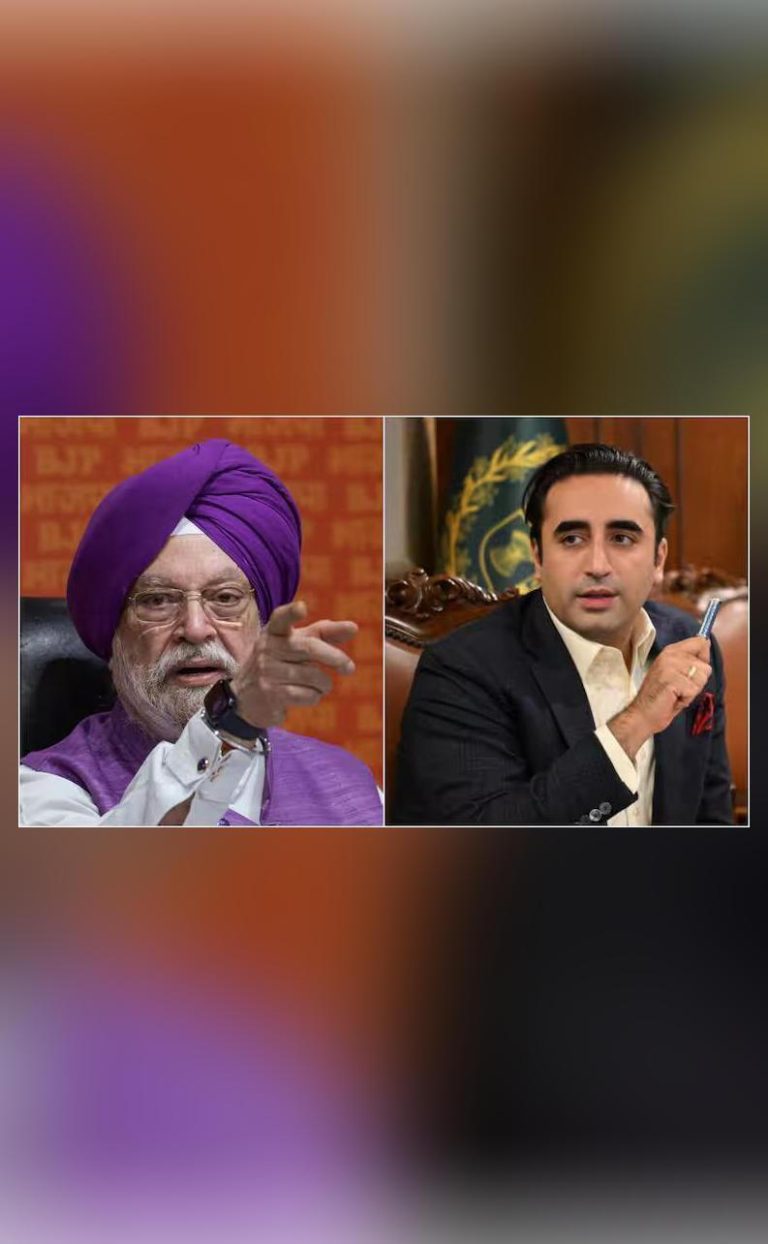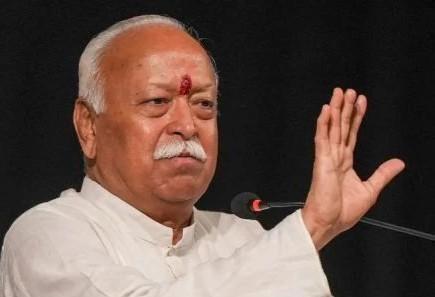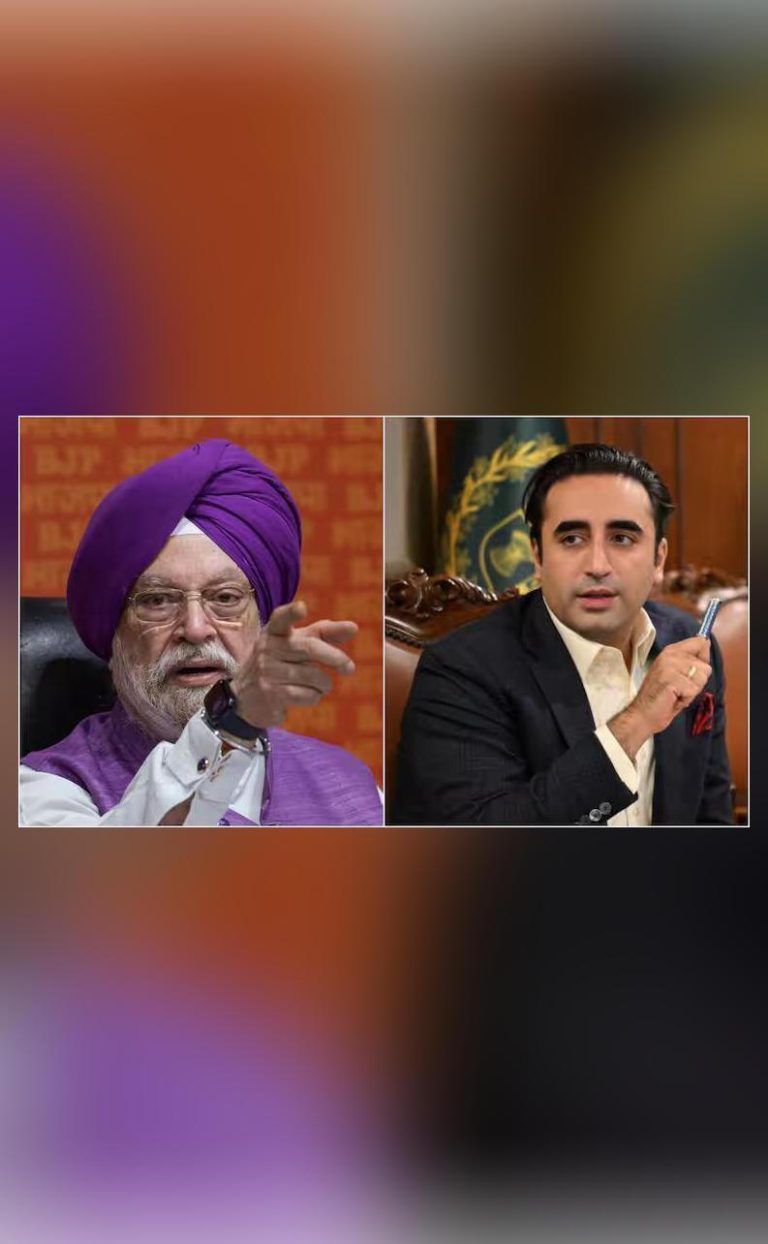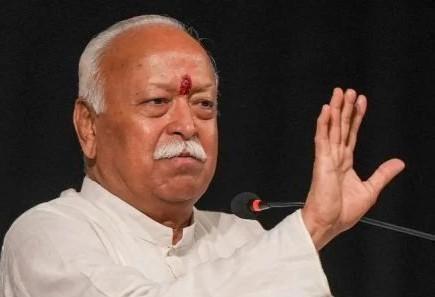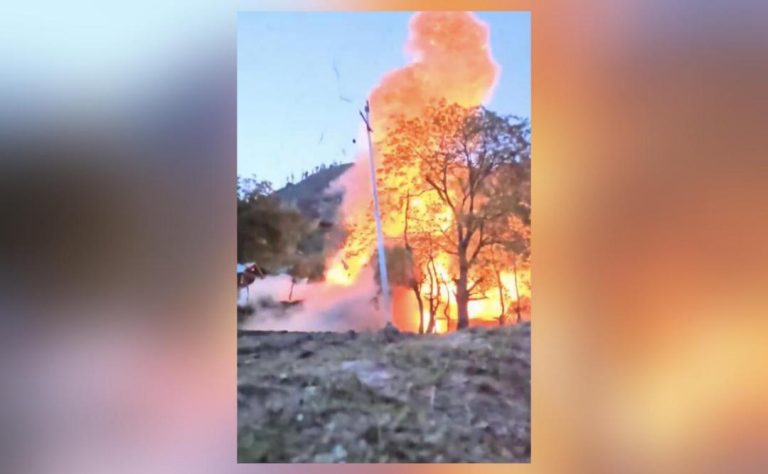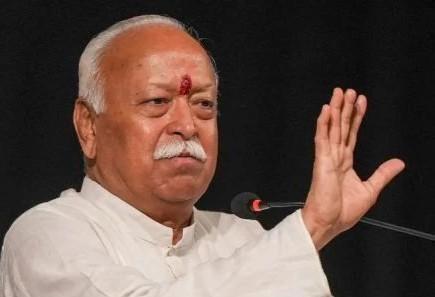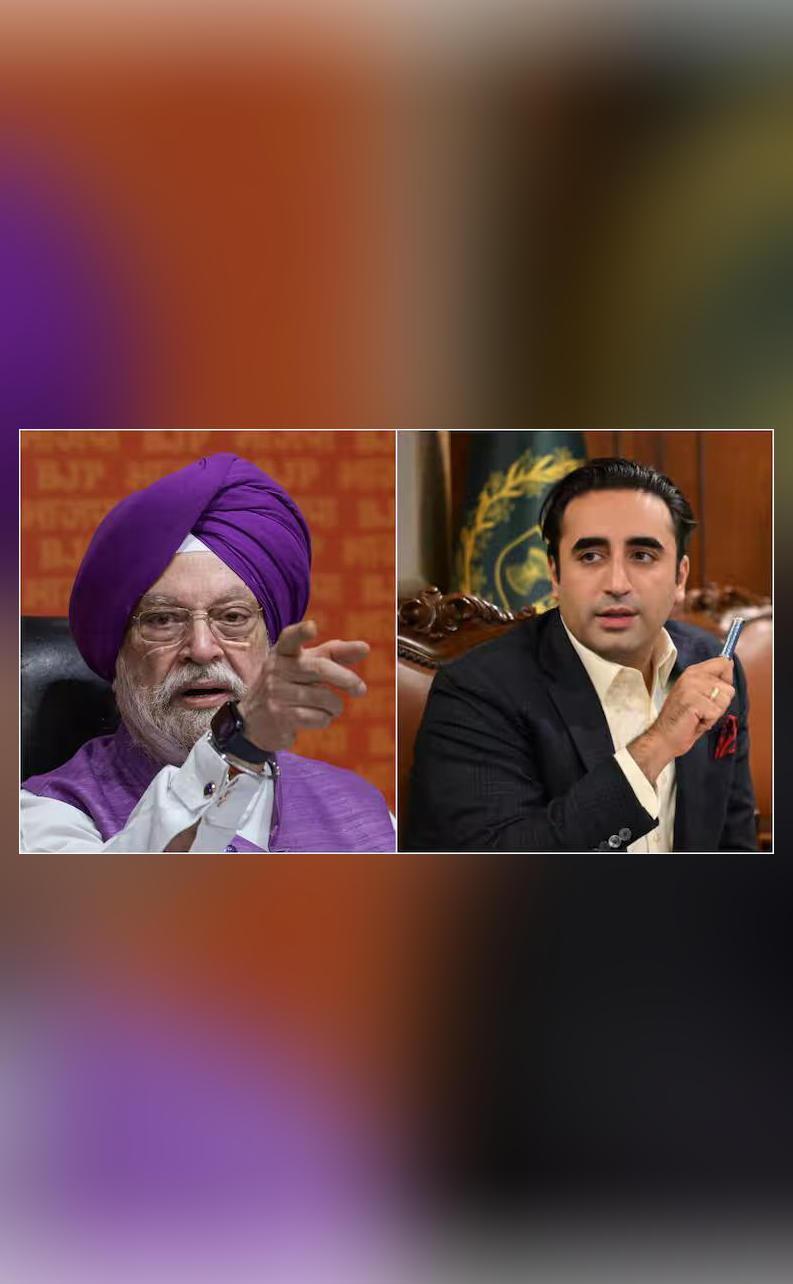
Look at what PM Modi said & wait for few days: Puri to Pak leader
The recent remarks by Pakistani politician Bilawal Bhutto Zardari on India’s decision to suspend the Indus Waters Treaty over the Pahalgam terror attack have sparked a fresh round of tensions between the two nations. In response to Bhutto’s provocative statement, Union Minister Hardeep Singh Puri has issued a stern warning, hinting that India is prepared to take decisive action.
Speaking to a news channel, Puri said, “Look at what PM Narendra Modi said in Bihar…and wait for a few days.” Notably, PM Modi had earlier addressed a rally in Bihar, where he made a significant statement on the Pahalgam attack. He said, “We will identify, track, and punish every terrorist and their backers.” These words seemed to carry a clear message to Pakistan and its terrorist outfits, warning them of India’s resolve to avenge the heinous attack.
The Pahalgam attack, which occurred on October 11, left several people dead and injured. The attack was carried out by terrorists from Pakistan, and it was a stark reminder of the country’s continued support to terrorist activities in India. In response to the attack, India suspended the Indus Waters Treaty, which was signed between the two nations in 1960. The treaty regulated the sharing of water resources between India and Pakistan.
Bilawal Bhutto’s statement, which sparked Puri’s response, was a typical example of Pakistan’s habitual defiance and aggression. The Pakistani politician claimed that the decision to suspend the Indus Waters Treaty was “water or blood” and that India would have to face the consequences. Bhutto’s statement was seen as a clear threat, and it was met with widespread condemnation from Indians across the country.
Puri’s warning, however, was a stark departure from the usual diplomatic language used by Indian leaders. His statement seemed to carry a sense of urgency and purpose, hinting that India was prepared to take decisive action against Pakistan. The Indian government has been under pressure to respond to the Pahalgam attack, and Puri’s statement was seen as a clear indication of India’s resolve to punish the perpetrators.
The Pahalgam attack was a serious violation of Indian sovereignty, and it has left the country reeling in shock. The attack was carried out by terrorists from Pakistan, and it was a stark reminder of the country’s continued support to terrorist activities in India. The Indian government has been working tirelessly to identify and track down the perpetrators of the attack, and Puri’s statement seemed to hint that India was prepared to take decisive action against those responsible.
The suspension of the Indus Waters Treaty was a significant development in the India-Pakistan standoff. The treaty was a key agreement between the two nations, and it regulated the sharing of water resources between India and Pakistan. The suspension of the treaty was seen as a clear message from India to Pakistan, indicating that India was no longer willing to tolerate Pakistan’s continued support to terrorist activities in India.
The Pahalgam attack has raised serious concerns about national security in India. The attack was carried out by terrorists who were trained and sponsored by Pakistan, and it has left the country wondering about the extent of Pakistan’s involvement in the attack. The Indian government has been working tirelessly to identify and track down the perpetrators of the attack, and Puri’s statement seemed to hint that India was prepared to take decisive action against those responsible.
In conclusion, Puri’s statement seems to carry a clear message to Pakistan and its terrorist outfits. The Indian government is no longer willing to tolerate Pakistan’s continued support to terrorist activities in India, and it is prepared to take decisive action against those responsible. The Pahalgam attack was a serious violation of Indian sovereignty, and it has left the country reeling in shock. It is imperative that Pakistan takes concrete steps to dismantle terrorist infrastructure and outfits operating from its soil, failing which India may be forced to take further action.
